Exploring the ICRC’s Museum through the eyes of the DPP Programme’s Participants
In 2015, when I moved to Geneva, visiting the International Red Cross and Red Crescent Museum was on top of my agenda. When I visited, I was impressed, moved, and inspired. It is a wonderfully curated museum, with stories, insights, and causes powerfully told and presented.
I left the museum thinking about and reflecting on the notions of humanity, impartiality, neutrality, and universality. But I also left the museum feeling the need for a hug to help me process and digest what I had just seen and the experience I had gone through.
I did not receive the latter [the hug]. However, over the years, I kept thinking of and problematising the former [the notions mentioned above], and their relevance and applicability to, and manifestation in, the Middle East and particularly in Occupied Palestine, where I originally come from.
Fast forward to 2022, and as part of the Graduate Institute’s Executive Education Programme in Development Policies and Practices (DPP), I was fortunate to accompany 80 participants coming from 40 countries in their learning journey in my capacity as the regional academic coordinator for Middle East & North Africa (MENA) region. As part of the learning module in Geneva, we visited the International Red Cross and Red Crescent Museum. We toured the museum with its passionate and thoughtful Executive Director, Pascal Hufschmid.
This time I experienced the museum differently, not only due to the presence of Pascal, but also because I looked at the museum through the eyes of our DPP programme’s participants, many of them coming from conflict-affected countries and regions.
“Everyone is responsible for everyone and for everything,” is the inscription over the reception desk at the museum that attracted the attention of the DPP programme’s participants as they started exploring the museum. One participant argued that “universality necessitates responsible collective actions, and humanity is in an utmost need for the sense of unity”.
Particularly during these times and in the aftermath of Covid-19, another participant added, “we need to act collectively and differently, and come up with effective mechanisms and avenues that allow us to better care about each other and also to hold each other accountable for our past, present, and future actions”.

As we explored the three parts of the permanent exhibition, The Humanitarian Adventure, participants reflected on the three sub-themes and challenges of Defending Human Dignity, Restoring Family Links, and Reducing Natural Risks. “I liked the linkage they made between human rights and the history of mankind”, a participant from the Caucasus region observed.
The powerful impact of photography did not go unnoticed, as another participant acknowledged that “photography continues to play a crucial role in telling humanitarian stories”. Another participant from the MENA region found the Chamber of witnesses and Prisoners’ items to be particularly important and impactful. She argued that “those prisoners” items remind us of our duties concerning “the forgotten”, and the experiences of the witnesses remind us of the vital, “sometimes invisible and undervalued”, role of the humanitarian workers.
Going through the metallic chains and feeling the sensations – and maybe trauma – on the way to see the prisoners’ records, the process of tracing the missing, and the children of Rwanda, had undoubtedly left a mark and raised questions and calls for action.
The metallic chains and massive hardcopy databases tell us about the history and destiny of political prisoners, as one participant from the Central Asia region stated. She continued by saying, “when I saw the sign Restoring Family Link, I felt gratitude – heartfelt gratitude to humanitarian actors who work, often in challenging scenarios, to unite the families”.
In the Middle East, another participant observed, “we went and are going through major wars and conflicts to the extent that they are becoming normal. Normalising wars is wrong, and persevering human dignity and identity is fundamental for humanity. The exhibition is a reminder that identity is not only a card to carry but also a collective feeling of belonging and of indeed of being”.
The huge red ball, a masterpiece of UpRooted and Apart, caught the attention of many. “I kept thinking about it. My heart aches for the victims of sexual violence during wars. The ball and all other installations and pieces of art we saw in the ICRC museum today show us that international humanitarian action is of the utmost importance”, another DPP participant narrated.

Finally, the exhibition and the museum, as a whole, struck a careful balance of depicting trauma without evoking victimhood and guilt, which some could like, but others could feel uneasy about. As a fellow DPP regional academic coordinator eloquently put it, the exhibition “depicted trauma as part of everyday life, an experience that is with us as we live our ‘normal’ life, but we remain blind to it and shocked when it reaches us and breaks us from the inside. Acceptance may be one way of looking at it, but agency and fighting is a more fruitful way to go”.
Exploring and seeing the museum through the eyes of the DPP participants illustrated the power of creative spaces – such as museums – in inspiring responsible collective actions and in imagining a different future.

Dr. Alaa Tartir
Regional Academic Coordinator for Middle East and North Africa, Executive Master in Development Policies and Practices (DPP) Programme, The Graduate Institute Geneva’s Executive Education Programme

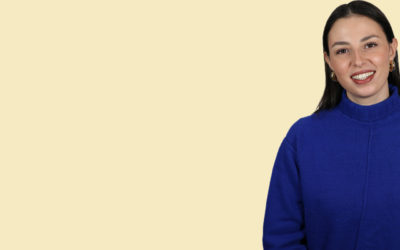
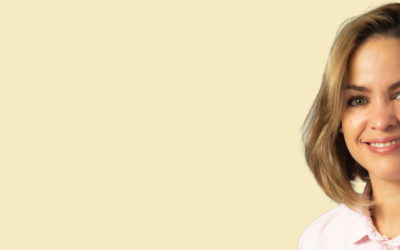
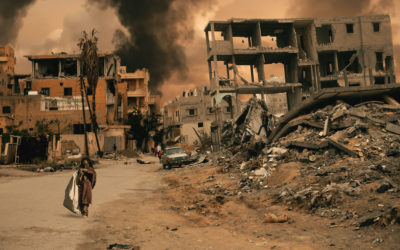
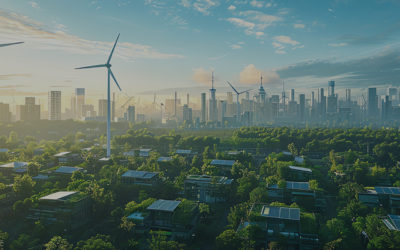
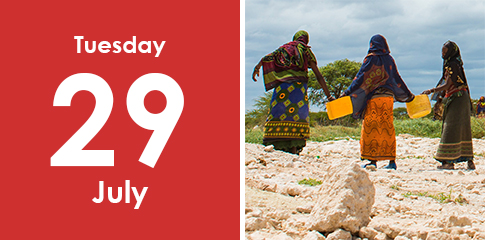

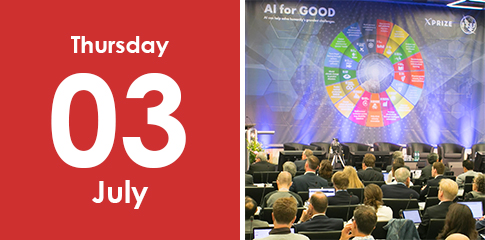

0 Comments